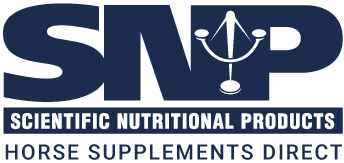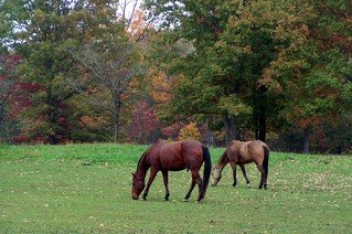Dogs are omnivorous scavengers at the carnivore end of the spectrum. However though dogs in the wild have evolved to eat whatever available in times of need, people are becoming increasingly aware that food is at the heart of health. So if your animal eats poor quality food, deficient in nutrition, it is impossible to remain healthy. There is also the dynamic which is now better understood that some animals and people are allergic or intolerant of certain foodstuffs. Scientific Nutritional Products takes a look at poisonous foods and food intolerances for dogs in our latest blog and how extra care needs to be taken at Christmas.
Our canine friends are typically very interested in whatever we are having to eat, however our food can sometimes be of extreme detriment to them. More importantly than watching out for your canine packing on the pounds from table scraps, some human food can result in canine food poisoning!
Some foods to watch out for which are poisonous or that our dogs normally have intolerance to.
(Please remember this is not a 100% conclusive list)
Chocolate, Coffee and Caffeine
These products all contain a substance known as methylxanthines which is found in cacao seeds. When ingested by pets, methylxanthines can cause vomiting and diarrhoea, panting, excessive thirst and urination, hyperactivity, abnormal heart rhythm, tremors, seizures and even death. Note that darker chocolate is more dangerous than milk chocolate!
Citrus
The stems, leaves, peels, fruit and seeds of citrus plants contain varying amounts of citric acid. This can cause irritation to the stomach and possibly even central nervous system depression if ingested in significant amounts. Small doses, such as eating the fruit, are not likely to present problems beyond minor stomach upset.
Grapes and Raisins
Although the toxic substance within grapes and raisins is unknown, these fruits can cause kidney failure. Until more information is known about the toxic substance, it is important to totally avoid feeding grapes and raisins to dogs.
Coconut and Coconut Oil
When ingested in small amounts, coconut and coconut-based products are not likely to cause serious harm to your pet. The flesh and milk of fresh coconuts do contain oils that may cause stomach upset, loose stools or diarrhoea. Because of this, we encourage you to use caution when offering your pets these foods. Coconut water is high in potassium and should not be given to your pet.
Milk and Dairy
Because pets do not possess significant amounts of lactase (the enzyme that breaks down lactose in milk), milk and other dairy-based products cause them diarrhoea or other digestive upset.
Macadamia Nuts
Macadamia nuts can be seriously poisonous to dogs and can cause weakness, depression, vomiting, tremors and hyperthermia in dogs. Signs usually appear within 12 hours of ingestion and can last approximately 12 to 48 hours. Other nuts, including almonds, pecans, and walnuts also contain high amounts of oils and fats. The fats can cause vomiting and diarrhoea, and potentially pancreatitis in pets.
Onions, Garlic, Chives
These vegetables and herbs can cause gastrointestinal irritation and could in some cases lead to red blood cell damage. Although cats are more susceptible, dogs are also at risk if a large enough amount is consumed.
Yeast Dough
Yeast dough can rise and cause gas to accumulate in your pet’s digestive system. This can be painful and can cause the stomach to bloat, and potentially twist, becoming a life threatening emergency. The yeast produce ethanol as a by-product and a dog ingesting raw bread dough can result in the dog experiencing low level drunkenness.
Some dogs may also benefit from additional supplements in their diet to achieve ideal health and wellbeing. Scientific Nutritional Products manufacture a very effective Glucosamine for Dogs Supplement called Canine Joint Right which contains optimum Glucosamine for Dogs, Chondroitin, MSM, Hyaluronic Acid and Omega 3 promoting joint health to improve mobility and comfort.
For more information or to receive one-to-one advice specific to your dog contact our nutritional specialists on FREEPHONE 0800 032 7774 or Tel: 01377 254900.




